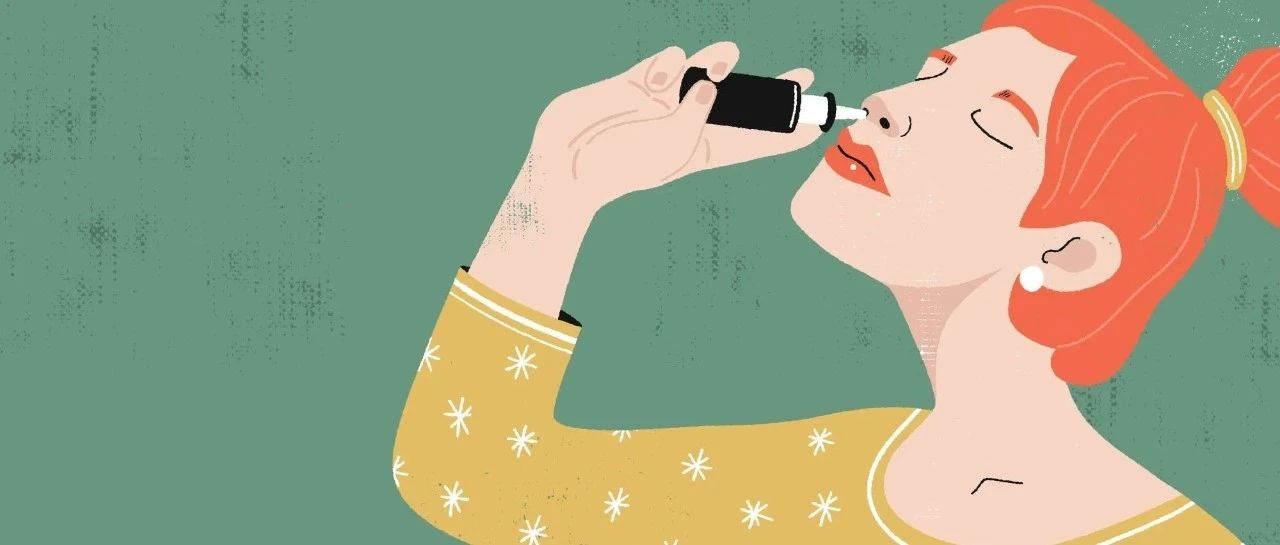








Bay Area Food Squad

Los Angeles Food Squad

Atlanta Food Squad

Boston Food Squad

Chicago Food Squad

Dallas Food Squad

DC Food Squad

Houston Food Squad

Greater New York Squad

Philadelphia Food Squad

Seattle Food Squad

Bay Area Food Squad

Vancouver Food Squad

Las Vegas Food Squad

Los Angeles 24 hours

Food store

North American meal test news

The Big Bang Theory in North America

Food Squad








